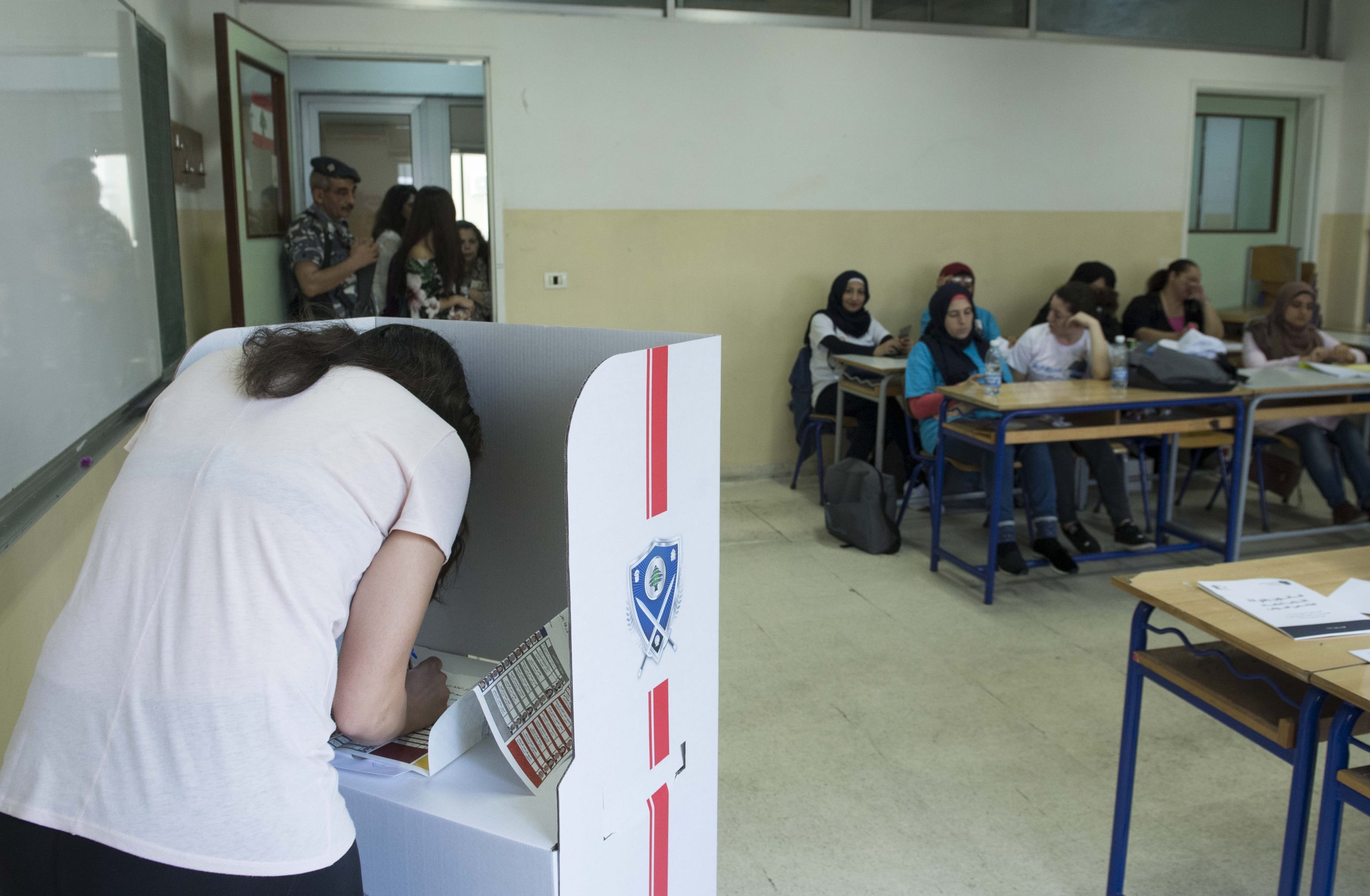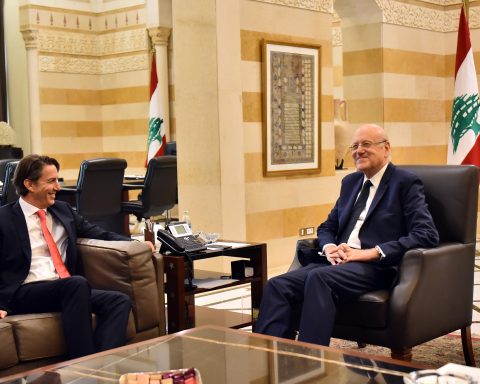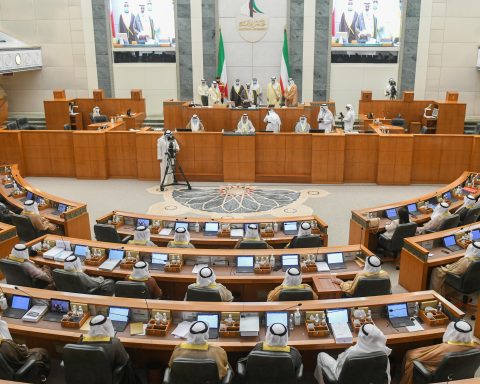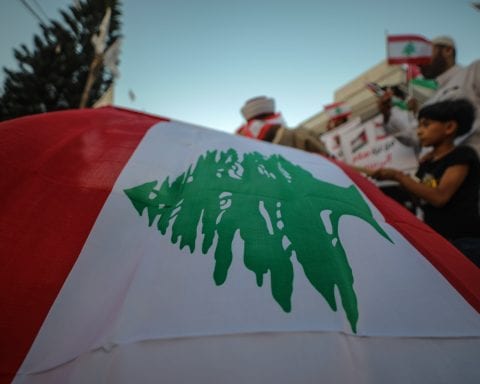Lebanon is preparing for parliamentary elections on May 15 following this week’s deadline for candidate registration. The elections will be the country’s first since it was rocked by popular protests in 2019 over economic deterioration and energy shortages.
So far, 1043 candidates have filed their candidacies for parliamentary seats, with women accounting for 15 percent of the field with 155 hopefuls. Candidates will vie for 128 parliamentary seats in accordance with the 1989 Taif Agreement, which mandates that Lebanon hold parliamentary elections every four years, with seats distributed among the various sects.
Sunni and Shia Muslims will have 28 seats each, Druze will have eight, Maronites will have 34, Orthodox Christians will have 14, and Catholics will have eight. Five seats are reserved for Armenians, two for Alawites, and one for Christian minorities. Candidates in the upcoming elections have 15 days after registration closes to withdraw their application. Candidate registration for the March 15 election closed on that date.
The polls take place against the backdrop of a severe economic crisis in Lebanon and a shortage of electricity due to a lack of fuel for power generation. The May 15 elections will feature the most candidates in 15 years.
In 2018, 976 candidates ran for parliament seats, compared to 702 in 2009 and 484 in 2005. Since 2009, the parliament’s term has been extended multiple times due to the country’s security and political developments.
According to Mohamed Shams El-Din, a researcher at the International Information Company, the number of candidates in this year’s elections exceeded expectations, as no one expected the number to exceed the total number of candidates in the 2018 vote.
He cites three reasons for the high number of candidates in the elections: political alignment between parties and civil society organizations; the possibility of electoral alliances; and the availability of funding for independent candidates and representatives of civil society organizations.














